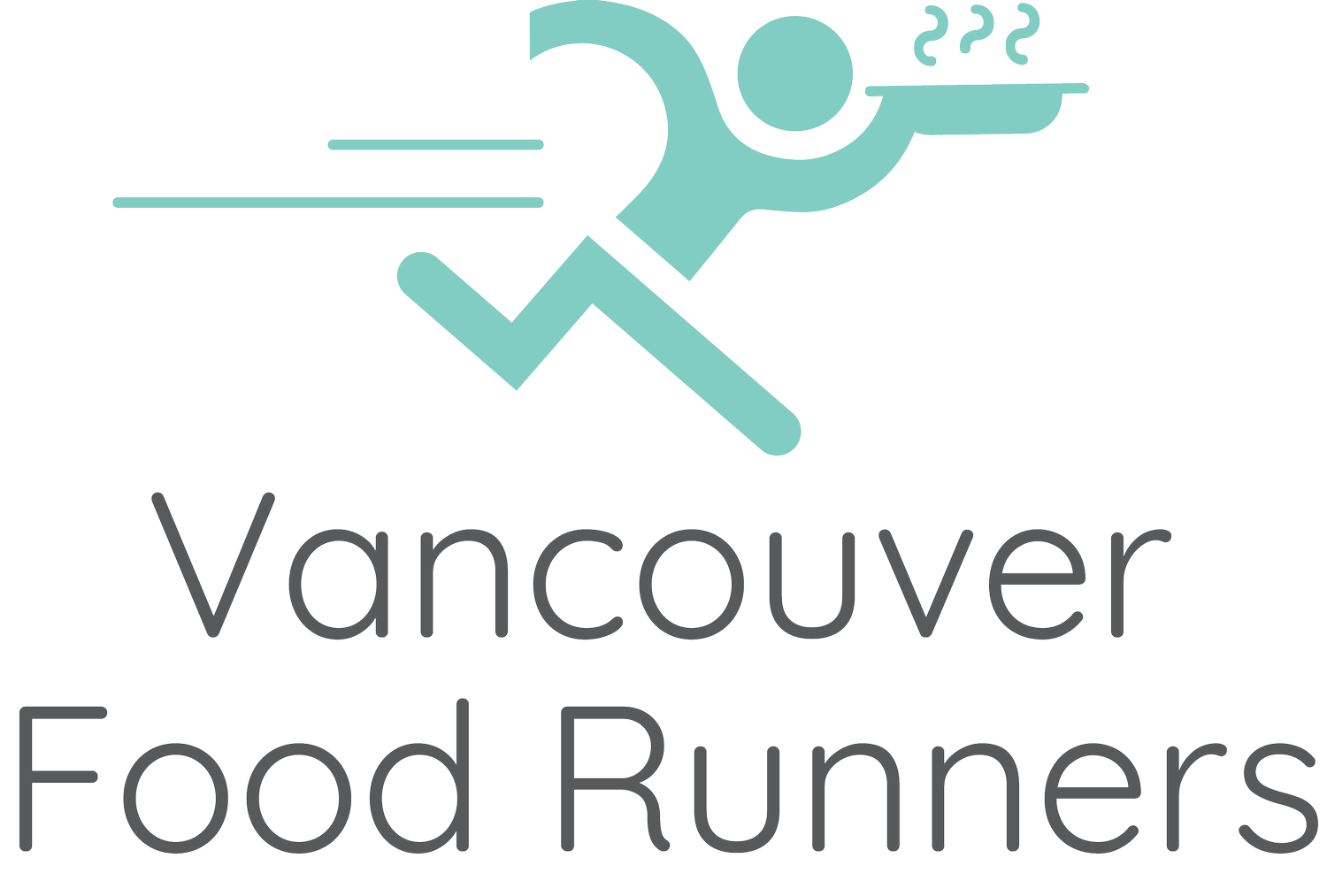Sarah Kim, Food Networks Coordinator
Please tell us about the Vancouver Neighbourhood Food Networks and the role Neighbourhood Houses have historically played in Vancouver with respect to food literacy, community building and food access?
The Vancouver Neighbourhood Food Networks (VNFN) are 14 food networks in various neighbourhoods across the City of Vancouver. Most of the networks are associated with a neighbourhood centre (i.e., a Neighbourhood House or Community Centre) while a couple are their own not-for-profits.
Each food network runs independently of each other and they come together collectively as the VNFN. The VNFN has been operating for over 20 years.
We use an upstream approach to food security by building community resilience and connections using food as the tool/vehicle to do so. Examples of programs we offer are: food skills workshops, gardening workshops, community lunches, community kitchens, bulk buying clubs. By building relationships amongst our communities, our neighbours have a stronger sense of belonging and connection and know who they can turn to in a crisis.
COVID-19 has impacted many this year. How has the Vancouver Neighbourhood Food Networks stepped up to address the additional needs, particularly with respect to providing food?
The Food Networks have done a 180 as many of them did not provide food access prior to the pandemic. Yet knowing that many of our neighbours would be facing challenges in accessing food, and knowing our role within community, the networks pivoted their operations beginning in March 2020 and they continue to provide emergency food support whether in-person or through delivery.
We rely on food donations, funds through grants and donations, our pre-existing relationships, and a lot of volunteer support to operate in this newer way. We’ve faced many challenges along the way due to our small capacities, lack of operating space (many networks operate out of one room) and very tight budgets. However, we have (and continue) to make things happen due to the support of many individuals and businesses.
Tell us more about the specific barriers faced by individuals at this time with respect to accessing healthy food.
One of the biggest barriers would be physical access to healthy food. Many folks – seniors and those who are immunocompromised - are not able to leave their homes, and grocery delivery services may not be accessible to them for whatever reason. And even for those who may be able to leave their homes, transportation to go somewhere to access free or low cost food may be limited, too.
In your opinion, what role do programs like Vancouver Food Runners, and other food-focused organizations, have to play with respect to supporting the Vancouver Neighbourhood Food Networks and associated Neighbourhood Houses?
The staff and volunteers of Vancouver Food Runners (VFR) have been instrumental in our ability to provide access to food for our neighbours. The connections that VFR has made over these months of the pandemic with restaurants, cafes, bakeries, caterers, etc has been immense. The program you offer as the middle person picking up food and then delivering to organizations who disperse to community members was and is a much-needed service in our city. The VNFN is so grateful for your continued support and the dedication of your volunteers. We couldn’t do this without you!
Given your experience coordinating the Vancouver Neighbourhood Food Networks, what would you like people to know about food and food security in Vancouver?
Food is a fundamental human right, as declared by the United Nations. Governments have a responsibility to ensure that their citizens have access to healthy and culturally appropriate foods. The right to food is enshrined in a number of international legal instrumentals, including the Universal Declaration of Human Rights; and it is more specifically articulated in the International Covenant on the Economic, Social and Cultural Rights, which Canada signed in 1976. Canada has a legal obligation to respect, protect and fulfill the right to food.
Here in Canada, and Vancouver, we need to ensure that all levels of government uphold this fundamental right and make food security a priority issue. Since the start of the pandemic, many non-profit organizations have stepped up to address the elevated need for food, but they are often underfunded and lack the capacity to deliver on such a huge undertaking. Now, more than ever, it is imperative that governments adequately fund and invest in programs and initiatives to support equitable access to healthy food.
As citizens, we can advocate to our governments to take responsibility for ensuring all people have access to nutritious food. This could look like advocating for universal livable incomes for all, poverty reduction, and more funding for food organizations.
How can individuals support the important work of the Vancouver Neighbourhood Food Networks in our community?
You can support our work by volunteering with your closest Food Network, donating funds to your closest Food Network, by recognizing that real change happens through small steps locally, and by advocating about food in/security to your friends and family and your elected officials.

